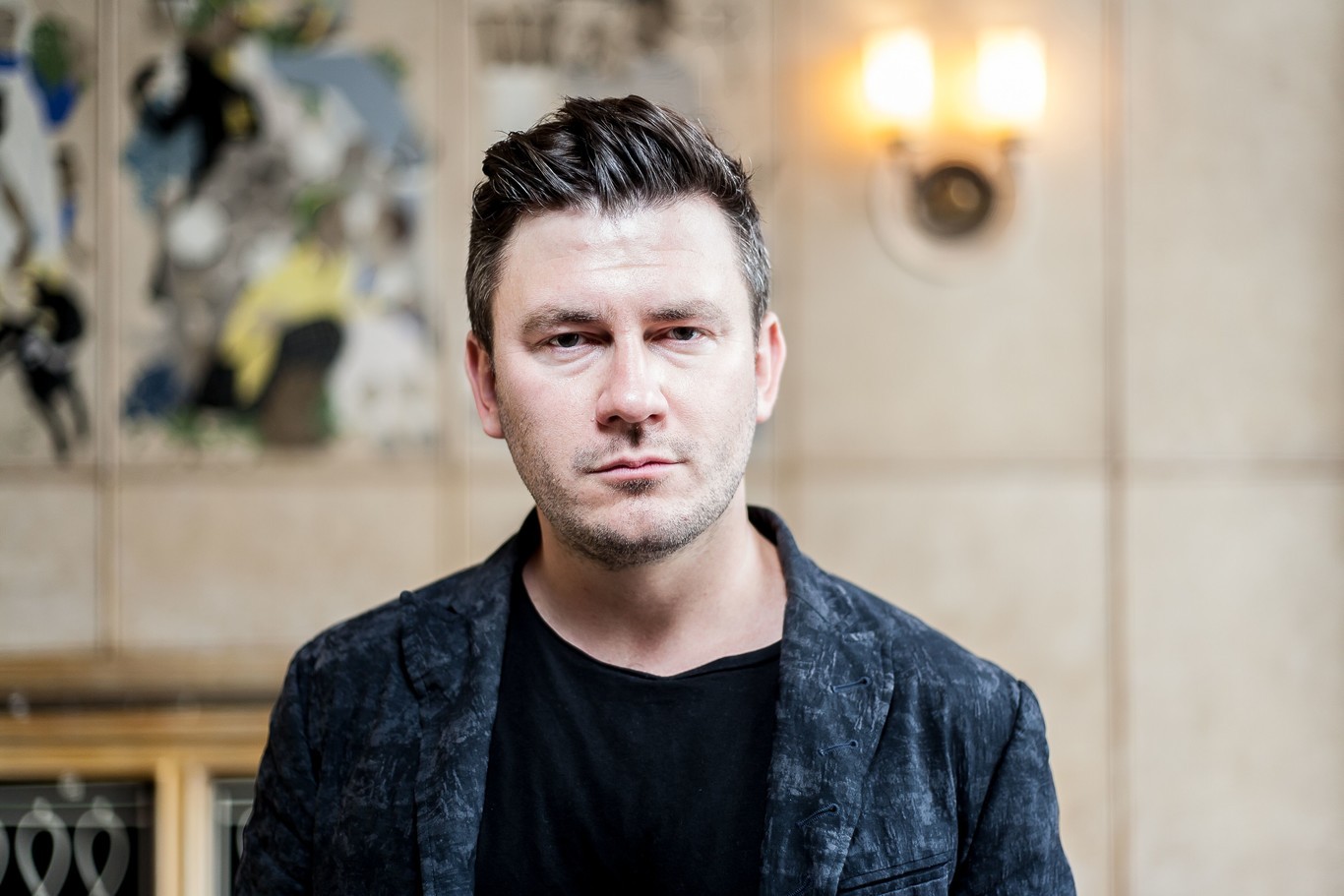Today, a court in Moscow sentenced renowned writer Dmitry Glukhovsky to eight years in prison in absentia, charged with “spreading lies” about the Russian military, as reported by Russian media. The prosecutor’s office had initially sought a nine-year sentence for the writer, who is well-known to Czech and Slovak readers for his celebrated novels “Metro 2033” and “Metro 2034.”
According to the prosecution’s claims, Glukhovsky allegedly disseminated texts and videos on social media platforms containing “artificially created” evidence of crimes committed by Russian soldiers in Ukraine. The TASS news agency revealed that the writer currently resides in exile.
The case against Glukhovsky has brought attention to an article in the Russian criminal law related to discrediting the Russian military, which was introduced by Russian lawmakers after the invasion of Ukraine by Russian forces. This article imposes severe penalties, including up to 15 years in prison, for spreading “false news” about the Russian army. Critics argue that such provisions are designed to suppress dissent regarding Russia’s involvement in the conflict with Ukraine that began in the past year.
Glukhovsky, who has been outspoken in his criticism of the Russian regime on social media platforms, has been targeted by authorities despite his absence from Russia for more than a year. The Interior Ministry has launched a manhunt for him, and the Justice Ministry has labeled him a “foreign agent” due to his association with foreign-backed entities. His books, along with the works of other writers who have protested against the war, have been banned from bookstores, and libraries have withdrawn them from circulation, according to Meduza, a news server based in Latvian exile.
In response to Russia’s incursion into Ukraine, Glukhovsky expressed his views on social media, stating, “in all the propaganda media, a luddite hysteria has been unleashed aimed precisely at carving the letter Z into the skull of every Russian.” The letters Z and V, painted on military equipment, serve as identifying marks used by Russian troops operating in Ukraine.
Notably, Glukhovsky participated in the World Book Fair in Prague in May 2016, where he presented his book “Metro 2035.” During the event, he shared that the final part of the sci-fi trilogy, following “Metro 2033” and “Metro 2034,” serves as a metaphor for life in Russia amidst the ruins of the Soviet Union. The novel portrays people living in the Moscow metro following a nuclear war that devastates the entire world. Glukhovsky emphasized that “Metro 2035” is a metaphor for a nation living in a bunker, raising poignant questions about the human tendency to find meaning in struggle and the ease with which lies and propaganda are believed. At the time, he also offered his candid perspective on the conditions in Russia, stating, “I wouldn’t call it a dictatorship, but a country of thieves, where the state is intertwined with crime and everything is under control.” Additionally, he predicted that Vladimir Putin would remain in power until his natural death.
Glukhovsky’s journey includes spending four and a half years in Jerusalem, where he studied international relations. He worked as a television and radio reporter in Germany and France and served as a war correspondent in Israel and Abkhazia. His notable success came with the publication of the first volume of the Metro series, for which he was honored with the 2007 ESFS Awards Eurocon European Prize for Best Literary Debut. The series has been translated into almost forty languages, and both “Metro 2033” and “Metro 2034” have been adapted into successful computer games.


















